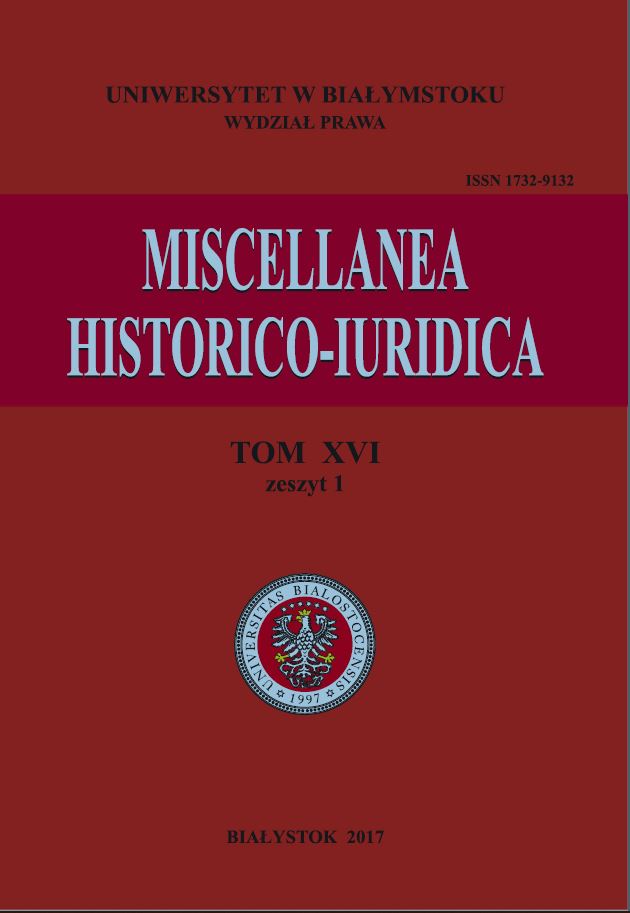Rosja Borysa Jelcyna – polityczna spuścizna komunizmu
Boris Yeltsin’s Russia – the political legacy of communism
Author(s): Adam R. BartnickiSubject(s): Politics / Political Sciences, Politics, History, Political history, Recent History (1900 till today), Politics of History/Memory
Published by: Wydawnictwo Uniwersytetu w Białymstoku
Keywords: Russia; Yeltsin; communism; democratization; post-communism; Rosja; Jelcyn; komunizm; demokratyzacja; postkomunizm
Summary/Abstract: Boris Yeltsin was not able to (or could not) complete the democratic revolution, so he based state-building on the alliance of the old order and the new order. As a consequence, Russia after 1991 was built on the foundation of the USSR, while further problems of the country were solved not by the intensification of democratic reforms, but rather by an increasingly stronger adaptation to new realities of solutions, people, systems, mechanisms and concepts from the communist era. The retreat from democratic ideas of society, and thus the weakening of the political power of democratic leaders, made Yeltsin more and more inclined towards the leadership model he knew from the time of his membership in the Communist party. His elite and interest management system, was in fact a copy of the Gorbachev system. It seemed to be a natural and obvious style of control and better from the state’s point of view.
Journal: Miscellanea Historico-Iuridica
- Issue Year: 16/2017
- Issue No: 1
- Page Range: 93-110
- Page Count: 18
- Language: Polish

